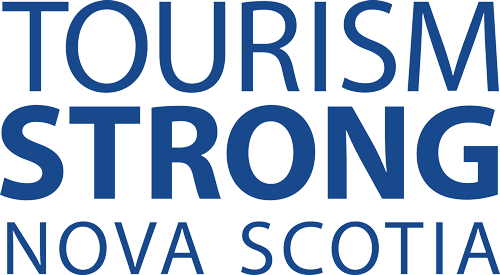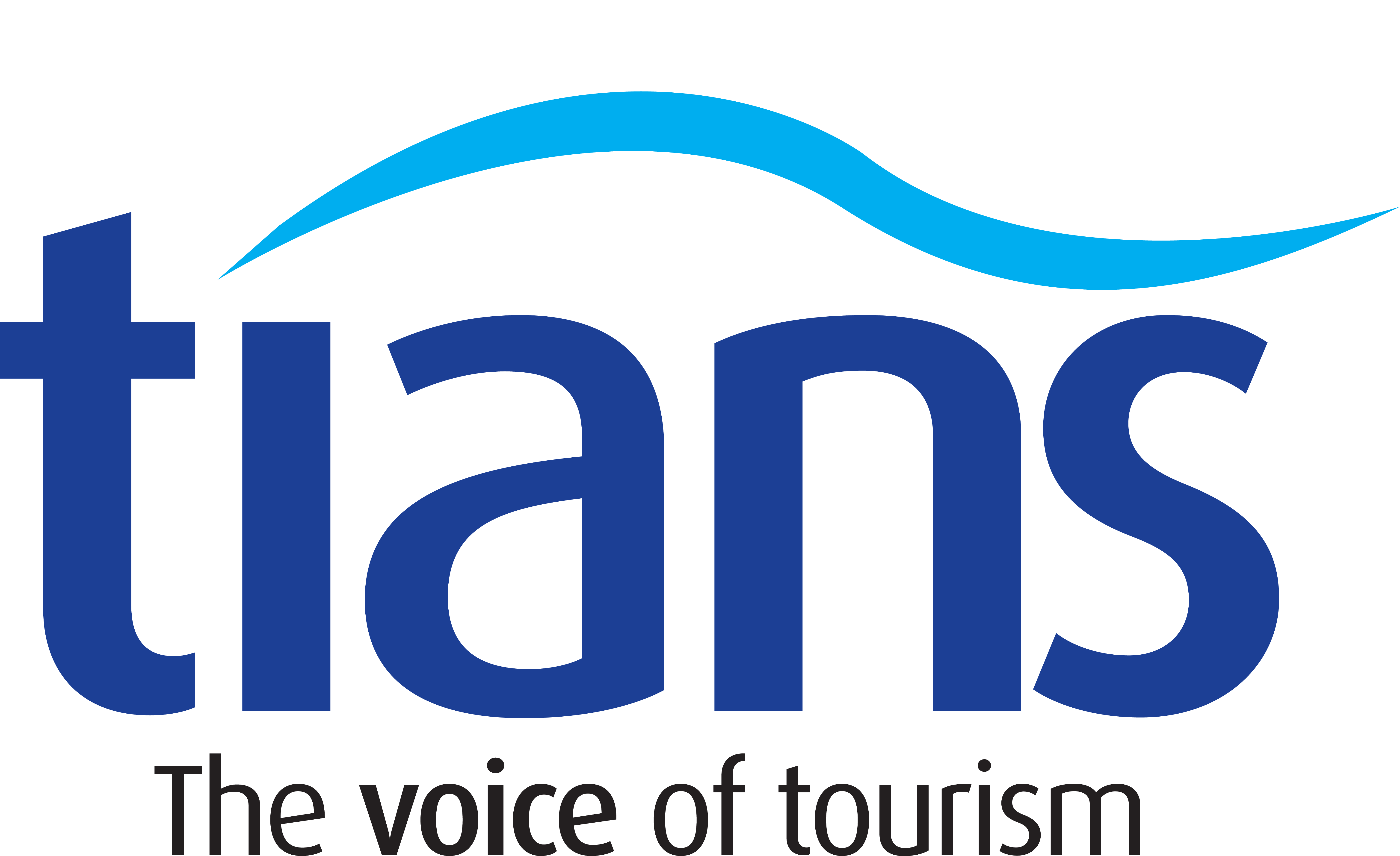March 20, 2020 – Summary of Destination Canada webinar below and link to view found here: https://www.destinationcanada.com/en/coronavirus-updates/covid-19-webinar
On March 20, Destination Canada (DC) hosted a webinar to provide members of the Canadian tourism industry with an update on the organization’s approach amid the COVID-19 situation, as well as information on available federal-support initiatives.
“We know our sector is mostly small-l and medium-sized businesses who will be especially hard hit by this crisis and are feeling it now. But the tourism sector is inherently one of relationship building, which puts us in a good position when it’s time to rebuild. We can go so much further together if we tackle this as Team Canada, so let’s get to work,” David Robinson, interim president and CEO, DC said to open the webinar.
The webinar featured a number of panelists who shared insights from their organizations, including Pierre Cléroux, vice-president of Research and Chief Economist, Business Development Bank of Canada (BDC); Charlotte Bell, president and CEO, Tourism Industry Association of Canada (TIAC); Philip Mondor, president and CEO of Tourism HR Canada; Elisabeth Lacoursière, director of Outreach and Marketing for Parks Canada; and Gloria Loree, SVP Marketing Strategy and Chief Marketing Officer, DC.
Cléroux highlighted new measures put in place by BDC to provide relief for entrepreneurs, but explained that those who don’t deal directly with the BDC should contact their financial institution as a first step. “They’re going to assess your situation and your need and they are going to contact us or other organizations like BDC to find the best solution and the best tools for you,” he said.
“The Team Canada approach is extremely important at this difficult time,” said Bell. “We know that the industry is really struggling and we all want to be there for all of you. So, [TIAC is] continuing to work on your behalf, along with all of our other national partners and the provincial and territorial associations…Our focus [has been] on immediate government support and acting quite quickly. We’re reporting to government officials on industry issues in real time and also reporting on support measures to the industry in real time.”
Bell also noted that TIAC has been keeping its site up to date with information and resources for the industry.
Tourism HR Canada’s Mondor spoke about the impacts on workers and highlighted the support measures being put in place by the federal government and the specifics of each. A Government of Canada web page dedicated to resources for Canadian businesses has also been set up.
“Our initial forecast suggests at least 50 per cent of [the industry’s] workers will be impacted and that could account for more than a million individuals,” said Mondor. “As of 11:30 today, the Prime Minister mentioned that [the government has] received over 500,000 EI applications this week, compared to 27,000 last week.”
Mondor highlighted measures in the works, such as the Emergency Care Benefit, Emergency Support Benefit, Temporary Business Wage Subsidy and the temporary expansion of the Work Sharing Program.
The Temporary Business Wage Subsidy will provide small businesses with a 10-per-cent wage subsidy (maximum $1,375/employee and $25,000/employer) and can be applied for through the Canadian Revenue Agency (CRA). Businesses will be able to benefit immediately from this support by reducing their remittances of income tax withheld on their employees’ remuneration.
Applications for the Emergency Care Benefit and Emergency Support Benefit are expected to be available in April.
“A number of the national associations, including TIAC and the Canadian Federation of Independent Business, have been recommending or proposing that the wage subsidy be increased,” said Mondor. “There’s a fair amount of effort being put into having the government look at the possibility of increases there.”
“We are we are joining together, you know, to really implore government to take additional steps and take them swiftly to assist the tourism industry in particular,” agreed Bell. “This particular initiative is not directly aimed at tourism alone but it’s one of the things that we have been advocating quite strongly.”
Bell also noted that TIAC is launching a campaign (expected to go live on March 23) featuring a draft letter that can be sent to members of parliament asking for increased support for the tourism sector. “We’re also working with other national organizations in hospitality and tourism, including Restaurants Canada and the Hotel Association of Canada,” said Bell. “We are joining together to really implore government to take additional steps — and take them swiftly — to assist the tourism industry.”
Loree noted that DC, as well as its partners have stopped all paid media marketing. “We continue to post anything that we know is helpful or useful, [as well as] work with our partners to understand that the most important thing we can be doing right now is protecting budget and resources [and] redeploying the teams working on plans that are going to help us in rebuilding and recovering in the future,” she explained. “That includes working with our partners to understand what we would be doing and how we would refocus the existing plans that we have.”
“We’re tracking real time the impacts… as well as working with our research and our media monitoring team to understand what is what’s being said in the communities — what are global travellers saying, where’s the sentiment at.”
DC has been pulling research from Oxford Economics and McKinsey in order to understand the impact of COVID-19. “We’re all trying to understand impact as a way of modelling the recovery and next steps,” Loree explained. “We’re going to be sharing that information with our federal colleagues and our partners across the country in order to understand when it is the right time to start launching or rebuilding certain activities.”
The panelists addressed a number of emailed questions at the end of the webinar, but didn’t get a chance to answer many others. Robinson indicated that DC will seek input from appropriate partners and share the responses on the DC website in the near future. A recording of the webinar will also be made available.
Robinson also indicated that DC will hold another webinar in the near future. Details for this event will be announced in DC’s newsletter.
“I will take the opportunity to encourage you to stay very close contact with your local tourism authorities, including the destinations and provincial marketing organizations that we’ve worked so closely with,” Robinson added in closing. “Please check our website regularly. This is a busy and critical time for everyone.”

